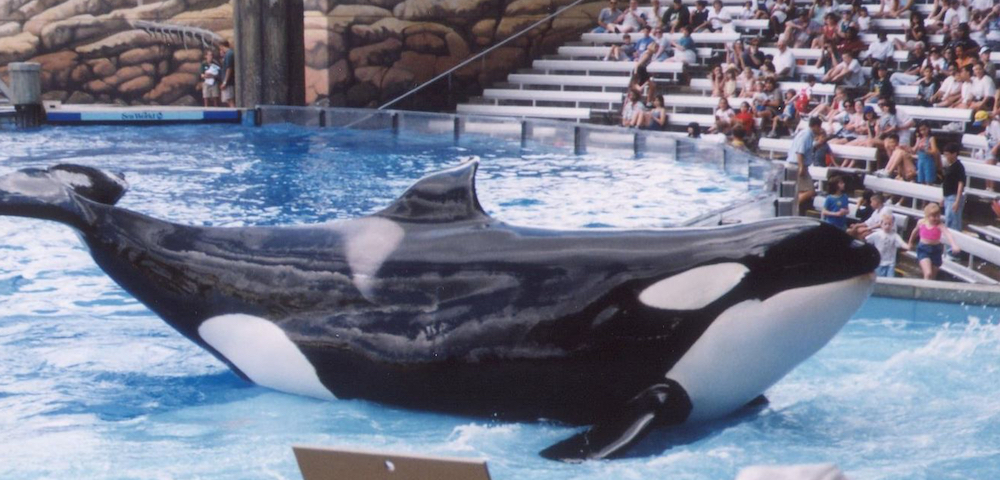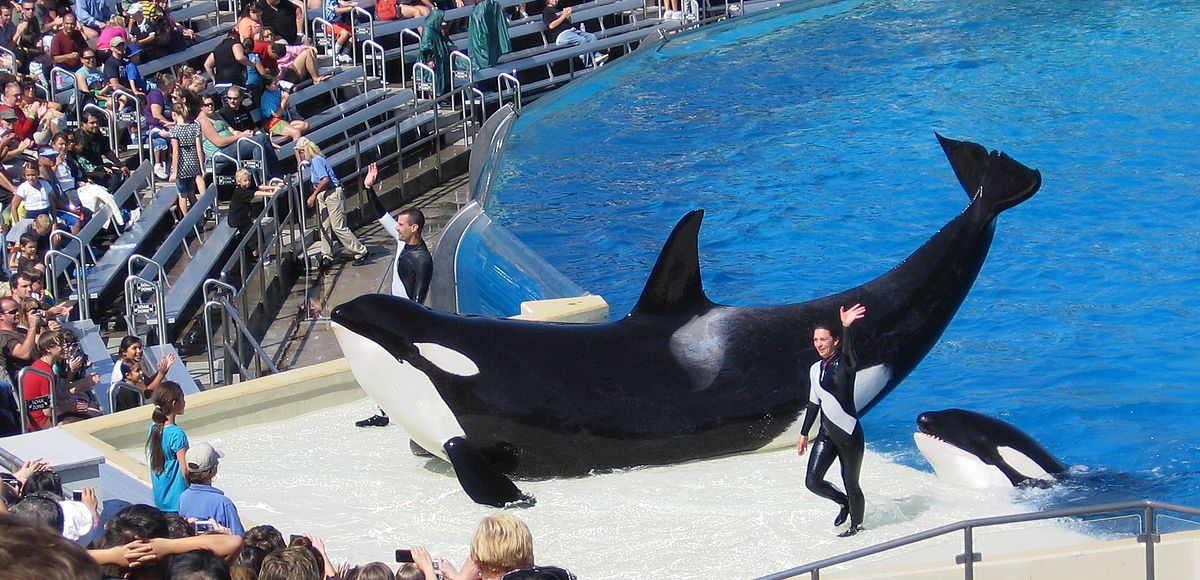There is a longstanding debate about whether killer whales, also known as orcas, should be kept in captivity for human entertainment and research. On one hand, supporters argue that captive orcas can be used for educational and research purposes, and that they can be well cared for in controlled environments. On the other hand, opponents argue that keeping killer whales in captivity is unethical and inhumane, and that these intelligent and social animals suffer from being confined to small spaces and being separated from their natural families.
One argument in favor of keeping killer whales in captivity is that it can serve as an educational tool for the public. By allowing people to see these animals up close, facilities like marine parks and aquariums can provide an opportunity for people to learn more about killer whales and their behavior. Additionally, research on killer whales in captivity can provide valuable insights into their biology, behavior, and health. This research can help improve our understanding of these animals and inform conservation efforts to protect them in the wild.
However, there are several compelling arguments against keeping killer whales in captivity. One major concern is that these animals are highly intelligent and social creatures, and they may suffer from being confined to small spaces and being separated from their natural families. Orcas in the wild have complex social structures and live in close-knit groups, known as pods, with strong bonds between family members. In contrast, captive killer whales are often isolated from their family members and may not have the same level of social interaction as they would in the wild. This can lead to stress and behavioral problems for the animals.
Another concern is that the conditions in which killer whales are kept in captivity are often inadequate. Many marine parks and aquariums have small tanks or pools that do not allow these large and active animals to swim long distances or engage in their natural behaviors. Orcas in the wild may swim up to 100 miles per day and dive to depths of several hundred feet, but in captivity, they are often restricted to much smaller areas. This can cause physical and psychological problems for the animals, such as muscle atrophy and repetitive behaviors.
Finally, there is the issue of safety. While there have been relatively few serious incidents involving killer whales in captivity, there have been some high-profile cases where trainers have been injured or killed by these animals. This raises concerns about the safety of both the trainers and the public, and highlights the potential risks of keeping such powerful and unpredictable animals in close proximity to humans.
In conclusion, the debate over whether killer whales should be kept in captivity is a complex and multifaceted issue. While there are valid arguments on both sides, it is clear that these intelligent and social animals may suffer in captivity due to the limitations of their confined spaces and the lack of social interaction with their natural families. Therefore, it may be more ethical to focus on studying and conserving these animals in the wild, rather than keeping them in captivity for human entertainment.









